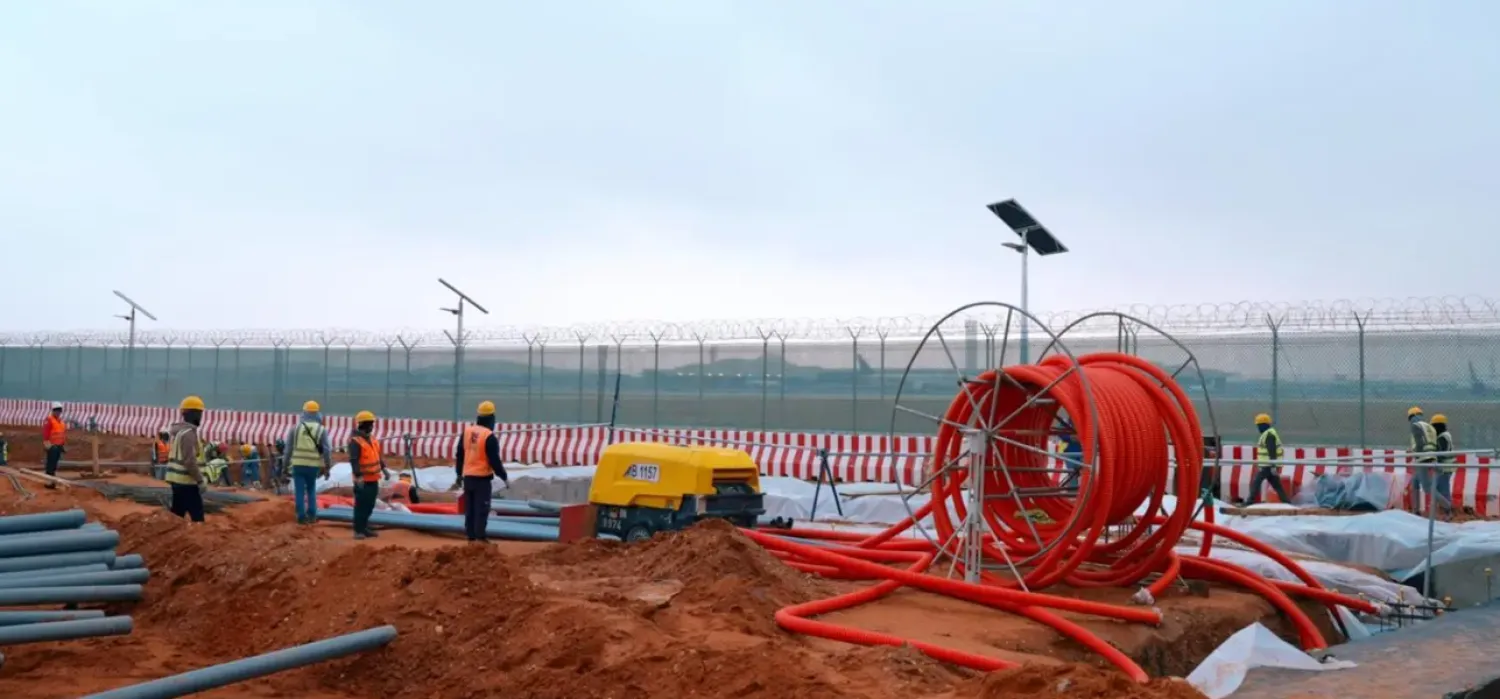The surge in visitors to Lebanon during Eid al-Adha and high demand for summer concert bookings are boosting hopes for a revival in tourism.
This sector is crucial for reigniting positive economic growth after about nine months of challenging conditions due to the Gaza war and subsequent border clashes between Hezbollah and Israel in southern Lebanon.
Contrary to earlier fears this month of possible Israeli strikes inside Lebanon, Ali Hamieh, caretaker Minister of Public Works and Transport, reported a daily average of 14,000 arrivals at Beirut’s Rafic Hariri International Airport, with numbers on the rise.
Jean Abboud, President of the Association of Travel and Tourism Agents, confirmed that despite initial concerns, booking rates have bounced back to 90-95% after Israeli threats of a mid-month strike. Most arrivals are Lebanese expatriates and foreign workers.
Before the summer season’s anticipated surge, Lebanon saw a 5.37% decrease in arrivals, with air traffic down by 9.34% and passenger numbers at Beirut International Airport dropping by 6.84% in the first five months of this year, totaling 2.29 million travelers compared to 2.46 million last year.
These declines were linked to the border clashes.
Lebanon’s tourism sector, generating over $5 billion annually in recent years, ranks as the country’s second most vital revenue stream after expatriate remittances, which officially approach $7 billion.
Together, they contribute more than half of Lebanon’s national income, which has dropped sharply from about $55 billion to under $22 billion due to the ongoing financial and currency crises that erupted five years ago.
Despite significant losses during peak tourism seasons like Christmas, Easter, and Eid al-Fitr, a report by Bank Audi indicated that Lebanon’s tourism revenues lost over $1 billion in the first six months of the Gaza conflict, driven by a 24% drop in tourist arrivals.
On average, tourists spend around $3,000 during their stay in Lebanon.









